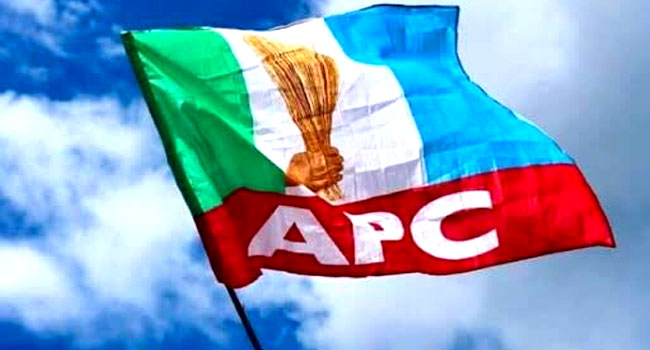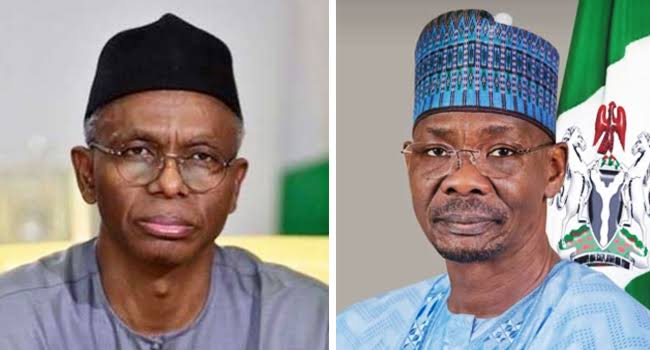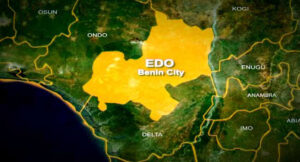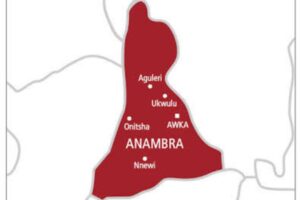Nigeria risks higher inflation as CBN lending to FG rises to N19.9 trillion
NIGERIA is at the risk of higher inflationary pressure as the Central Bank of Nigeria (CBN) lending to the Federal Government through ‘Ways and Means Advances’ has risen to N19. 9 trillion as of June 2022.
Economic watchers say such lending is not healthy for the economy, pointing out possible violation of the Fiscal Responsibility Act (FRA).
The FRA states that the apex bank should not lend more than five per cent of the government’s previous year’s retained revenues.
Ways and Means Advances is a loan facility through which the CBN finances the government’s budget shortfalls.
According to Section 38 of the CBN Act, 2007, the apex bank may grant temporary advances to the Federal Government with regard to temporary deficiency of budget revenue at such rate of interest as the bank may determine.
During a Twitter space organised by Nairametrics on Friday, speakers at the event said despite the massive borrowing from the apex bank, the Federal Government is not showing enough fiscal discipline in managing borrowed funds.
“If we look at the whole scenario playing out, you will note that it’s not just about the lending to the Federal government. It’s about fiscal indiscipline. You could see the spending of N1.4 billion to get vehicles for Niger Republic by the Nigerian government,” a quantum physicist and economist, Olumide Adesina, who spoke at the Twitter space event, said.
Adesina stressed that the government is in a tough situation currently, as a result of delays to drive reforms that would enable it to save for the rainy day.
“Saudi Arabia for instance in second quarter of 2022 has a budget surplus of $21 billion due to higher oil prices and reforms in the sector. On the other hand, Nigeria’s excess crude account is dwindling because of poor accrual, oil theft and subsidy payments causing Nigeria fiscal problems.”
Adesina further noted that lack of fiscal discipline has led to the World Bank urging the government to take some fiscal measures on the economy.
Going forward, Adesina said the government has to be creative in exploring other revenue baskets to shore up its dwindling revenue.
“The government must find a creative way to expand revenue base. Look at the Fintech, music industry, creative industry, content creators space must be supported with enabling policies to expand Nigeria’s fiscal space.”
Another panellist at the event, Richard Nwanna, said, the Central Bank of Nigeria (CBN) can only work to achieve more if the fiscal side is well re-tooled to support its monetary policies.
“A lot of what is happening to our economy is dwindling of revenues. The government has to look for intelligent ways of formalising our informal sector businesses to widen its tax base.”
Some analysts have also urged the government to take some measures to tame rising inflation, as consumers’ purchasing powers dwindle.
“High inflation continues to take a toll on businesses, production costs have been increasing, operating costs across sectors have become elevated, profit margins are declining, there is a slump in turnover and sales and business sustainability is at risk in many segments of the Nigerian economy,” the Executive Director Centre for the Promotion of Private Enterprises (CPPE) Muda Yusuf told The ICIR.
Source: ICIR












Post Comment